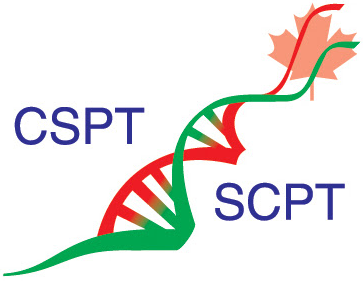Glossary of PharmacologyPhase IV Clinical TrialDefinition:Relevance: Phase IV clinical trials are valuable as their observational nature allows drugs to be evaluated in a natural setting. While it is possible to predict the side effects of a drug by using pharmacological mechanisms, further effects only become apparent after marketing. The benefits of a phase 4 trial include being able to study a drugs effect on a large population, and seeing if there are new effects once the drug is spread to a diverse audience around the world. Teaching Tips: https://www.youtube.com/watch?v=TE1bdTwUgT4 Linked terms: Phase I clinical trial, Phase II clinical trial, Phase III clinical trial, Drug safety, Drug intolerance, Pharmacovigilance, Toxicity, NOAEL (No Observed Adverse Effect Level), LOAEL (Lowest Observed Adverse Effect Level) Resources:
|
